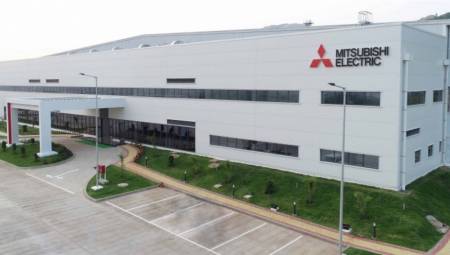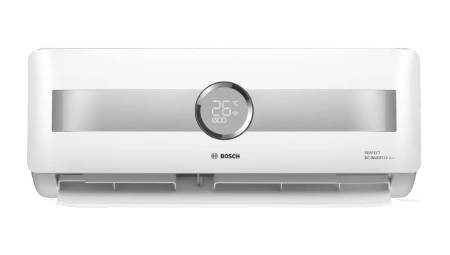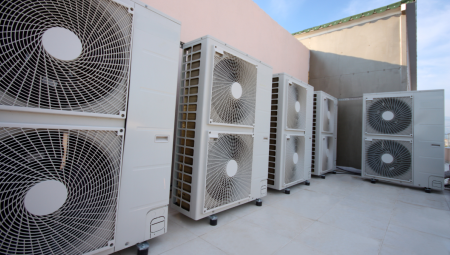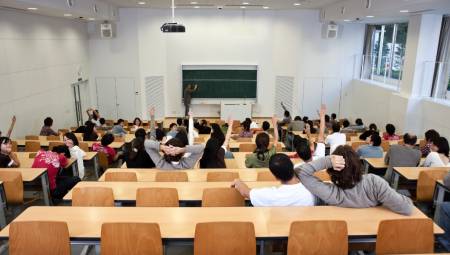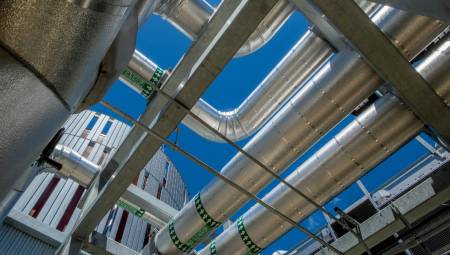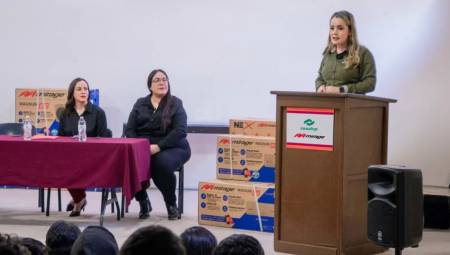 International. The Global Cooling Prize is an international competition that was launched on November 12, 2018 to invite participants from around the world to develop an innovative residential refrigeration technology that has at least 5 times less climate impact compared to a reference unit.
International. The Global Cooling Prize is an international competition that was launched on November 12, 2018 to invite participants from around the world to develop an innovative residential refrigeration technology that has at least 5 times less climate impact compared to a reference unit.
The solution must meet a variety of criteria focused on climate and resources, while also operating within cost and scalability constraints. This exciting competition will take place over the course of two years and will allow participants the opportunity to address one of the biggest end-use risks to our climate.
Participants will be required to design their cooling technology to have at least 5 times less climate impact than the reference unit and no more than 2 times the cost of the reference unit cost on the evaluated industrial scale. The complementary criteria of the prize are being reviewed for completion, which will be completed within 60 days of launch and the indicated complementary criteria of the award should be considered a directional guide until full ratification has been obtained. The performance of the technology solution will be evaluated against the Primary Criteria and supplementary Criteria, once ratified, as detailed below.
- Climate Impact: Energy and Refrigerant: Must have 5 times less climate impact than the reference unit: Energy and refrigerant criteria
- Affordability: Must demonstrate the cost potential in full industrialization of no more than twice (2X) the reference unit cost
- Drawing power: Power consumption at full load, i.e. nominal cooling output, should not exceed 700 W
- Water: Water consumption, if necessary, for operation should not exceed 14 liters per day.
- Emissions: Zero emissions on site from any fossil fuel-based captive energy source
- Refrigerant: Refrigerant with ozone depletion potential (ODP) and lower toxicity (class A) that complies with IEC 60335-2-40 (2018) or ISO 5149
- Scalability: Usable in existing homes, rather than requiring an engineering solution "designed in"
- Materials: The use of materials with excessively high carbon or rare earth materials should be optimized.
- Operation: Maintain an indoor temperature of 27 ± 0.5°C DBT and 60 ± 10% RH for the duration of the test period
This technology could avoid up to 100 gigatons (GT) of CO2 equivalent emissions by 2050, and put the world on a path to mitigate up to 0.5°C of global warming by 2100, while also improving the living standards of people in developing countries. the world.
The Global Cooling Prize is bringing together a global coalition of leaders to solve the critical climate threat that comes from the growing demand for residential air conditioning. By harnessing the power of innovation, refrigeration solutions can be provided that improve people's lives without contributing to uncontrolled climate change.
Learn more at https://globalcoolingprize.org/





